About 122 million more people are facing hunger compared with pre-COVID-19 levels as the world is still recovering from the global pandemic and grappling with the consequences of the conflict in Ukraine, the United Nations said in an annual report Wednesday.
As many as 783 million people were in hunger in 2022, far above pre-pandemic levels, while the world remains "far off track" in achieving the 2030 Sustainable Development Goal of ending hunger, the UN said in its annual State of Food Security and Nutrition in the World report.
While hunger is no longer on the rise at the global level, it was still affecting around 9.2 percent of the world's population in 2022, compared with 7.9 percent in the pre-COVID-19 year of 2019, the UN said.
In 2022, almost 30 percent of the global population didn't have access to adequate food, about 391 million more people than in 2019, the report says.
About 42 percent of the world's population, or more than 3 billion people, couldn't afford a healthy diet in 2021.
Nearly 600 million people will be chronically undernourished by 2030, the report says, noting that if neither the pandemic nor the Ukraine conflict had occurred, the number of affected individuals would have been 199 million fewer.
"In a world of plenty, no one should go hungry. And no one should suffer the cruelty of malnutrition," UN Secretary-General António Guterres said Wednesday in a video message launching the report. "We need an intense and immediate global effort to rescue the Sustainable Development Goals."
Recovery from the global pandemic has been uneven, and the conflict between Russia and Ukraine has affected nutritious food and healthy diets, Qu Dongyu, director-general of the UN Food and Agriculture Organization (FAO), said Wednesday.
"This is the 'new normal' where climate change, conflict and economic instability are pushing those on the margins even further from safety. We cannot take a business-as-usual approach," Qu said.
Hunger has declined in certain regions like Asia and Latin America, but it is on the rise in western Asia, the Caribbean, and all regions of Africa, where 1 in 5 people faced hunger.
The international community must prioritize food security by leveraging the FAO's role and supporting countries in finding effective solutions, said Dai Bing, China's deputy permanent representative to the UN.
The envoy called on the international community to support developing countries in expanding food production while maintaining the "red line" of arable land and enhancing resilience to climate change and natural disasters.
"Strengthening key infrastructure such as rural water conservancy, roads, electricity and internet connectivity is necessary to promote rural revitalization," he added. "Fostering the sustainable development of agriculture through scientific and technological innovation is vital."
That involves promoting the green, low-carbon and digital transformation of the food system; expediting the transfer and application of biotechnology and digital technology; sharing knowledge; and improving agricultural production efficiency while safeguarding the environment, he explained.
Dai emphasized the importance of establishing "a fairer agricultural trade order and constructing a safe, stable, open and inclusive production and supply chain".
"Developed countries should eliminate unreasonable agricultural subsidies, adopt responsible monetary policies and mitigate the impact of external factors like inflation and exchange-rate fluctuations on food security in developing countries," he said.














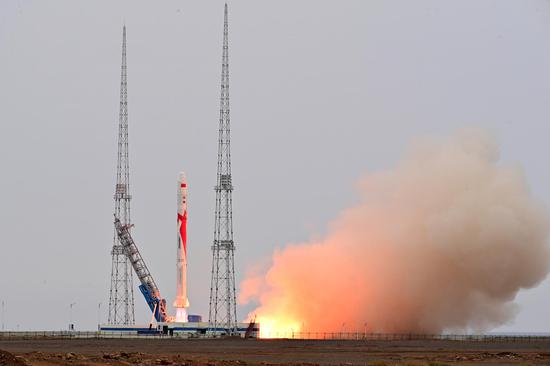
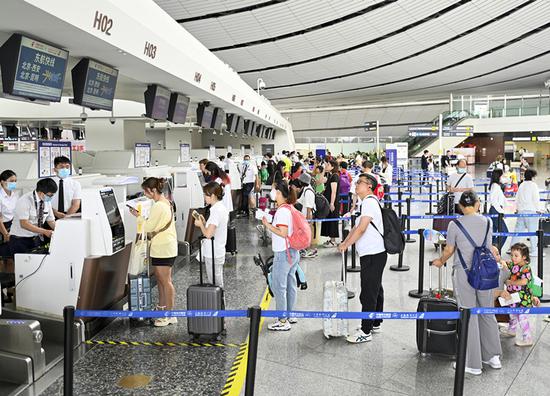

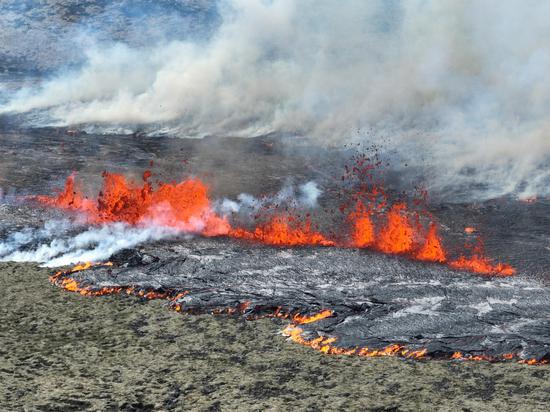
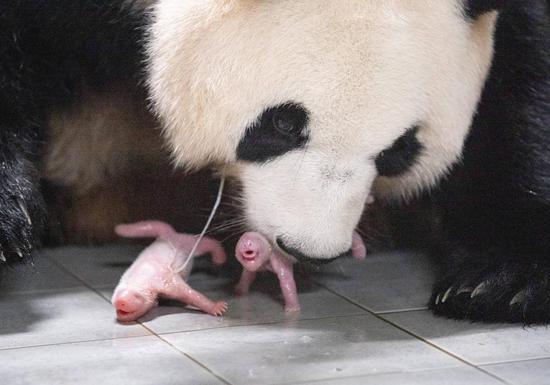



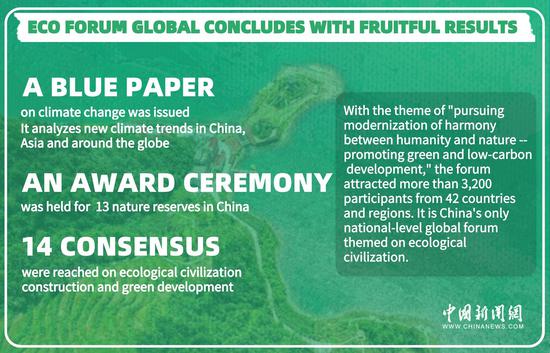





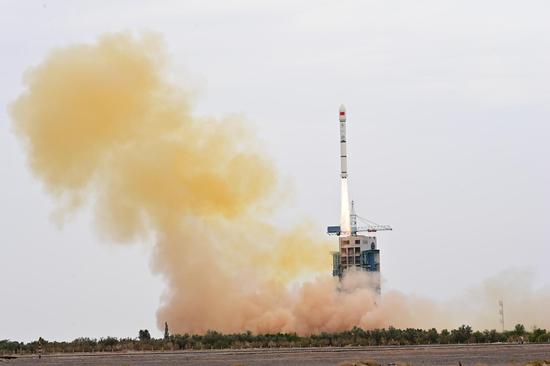


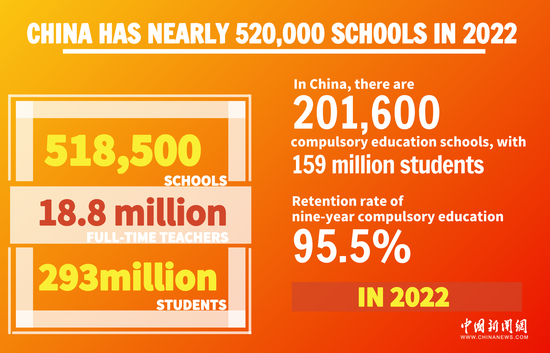

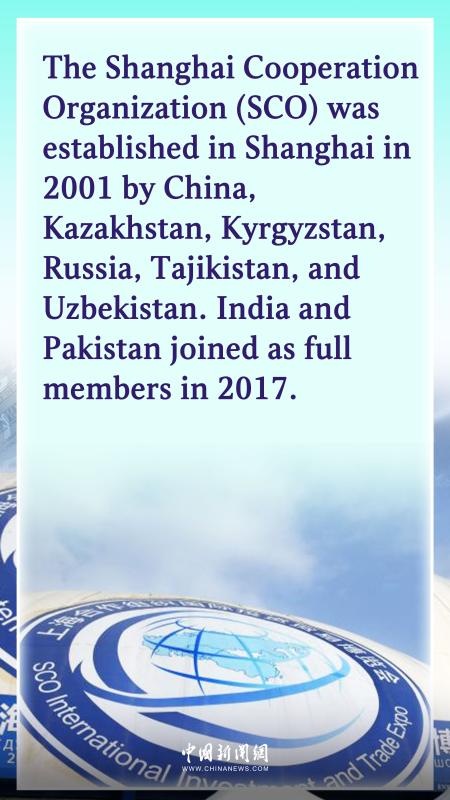









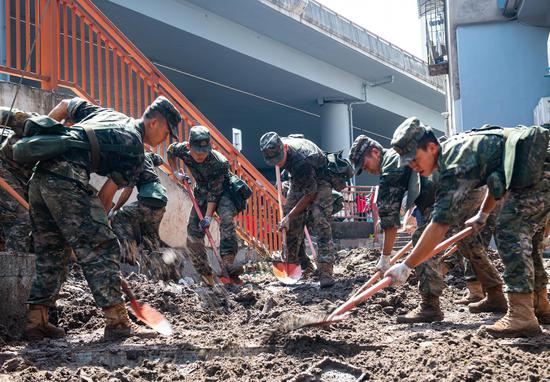






 京公网安备 11010202009201号
京公网安备 11010202009201号